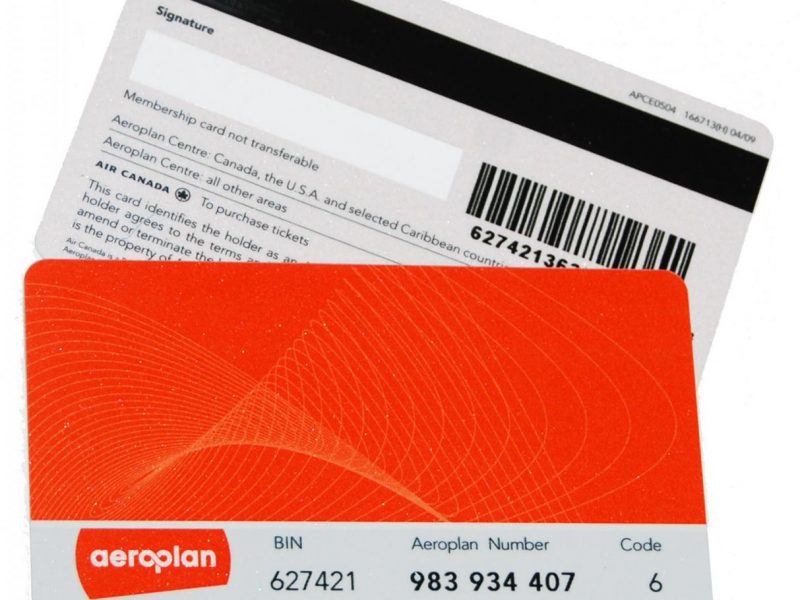As a growing chorus of voices call on the federal government to unveil its plan to re-open the Canada-United States border, Prime Minister Justin Trudeau indicated Monday that a phased approach is being considered that would likely require visitors to be fully vaccinated before entering the country.
“We are looking at how we’re going to start welcoming up tourists in a phased way, as the [COVID-19] numbers come down in Canada as they come down in the United States and around the world,” said Trudeau without indicating a target date for reopening the border which is currently closed until at least June 21.
“A fourth wave would be devastating, not just to the economy but to morale,” said the PM.
According to a CBC News report, Public Safety Minister Bill Blair told a group of border mayors last month he couldn’t say whether Canada would be in a position to welcome visitors when the current border restrictions expire. An anonymous official told the CBC that a July reopening would be more likely.
Another possibility is an asymmetrical reopening where the U.S. accepts Canadians under more lenient rules than Canada would apply to American visitors.
Before it can welcome vaccinated visitors, Canada has to decide what constitutes proof of vaccination which is why it is in talks with other countries about vaccine passports, a topic that will likely be on the agenda at G7 meetings happening later this week.
A growing chorus of industry associations are calling upon Ottawa to re-open the border. Last Friday, the National Airlines Council of Canada and Airlines for America sent a joint letter to three Canadian cabinet ministers that urged the government to “clearly spell out how and when we will restart air travel between Canada and the U.S., with the objective of releasing the plan prior to June 21.”
CME President Dennis Darby said that the uncertainty is costing the Canadian economy millions and jeopardizes thousands of jobs.
“We’ve heard complaints on and from our members that the rules aren’t consistent,” said Darby. “They’re not sure who can cross and who can’t. Sometimes they take an abundance of caution and don’t send anybody and say ‘maybe we’re just gonna pass on that contract.’”
With news that high-paid professional athletes competing in the NHL playoffs will be exempt from border restrictions has drawn even more attention to the ongoing closure.

